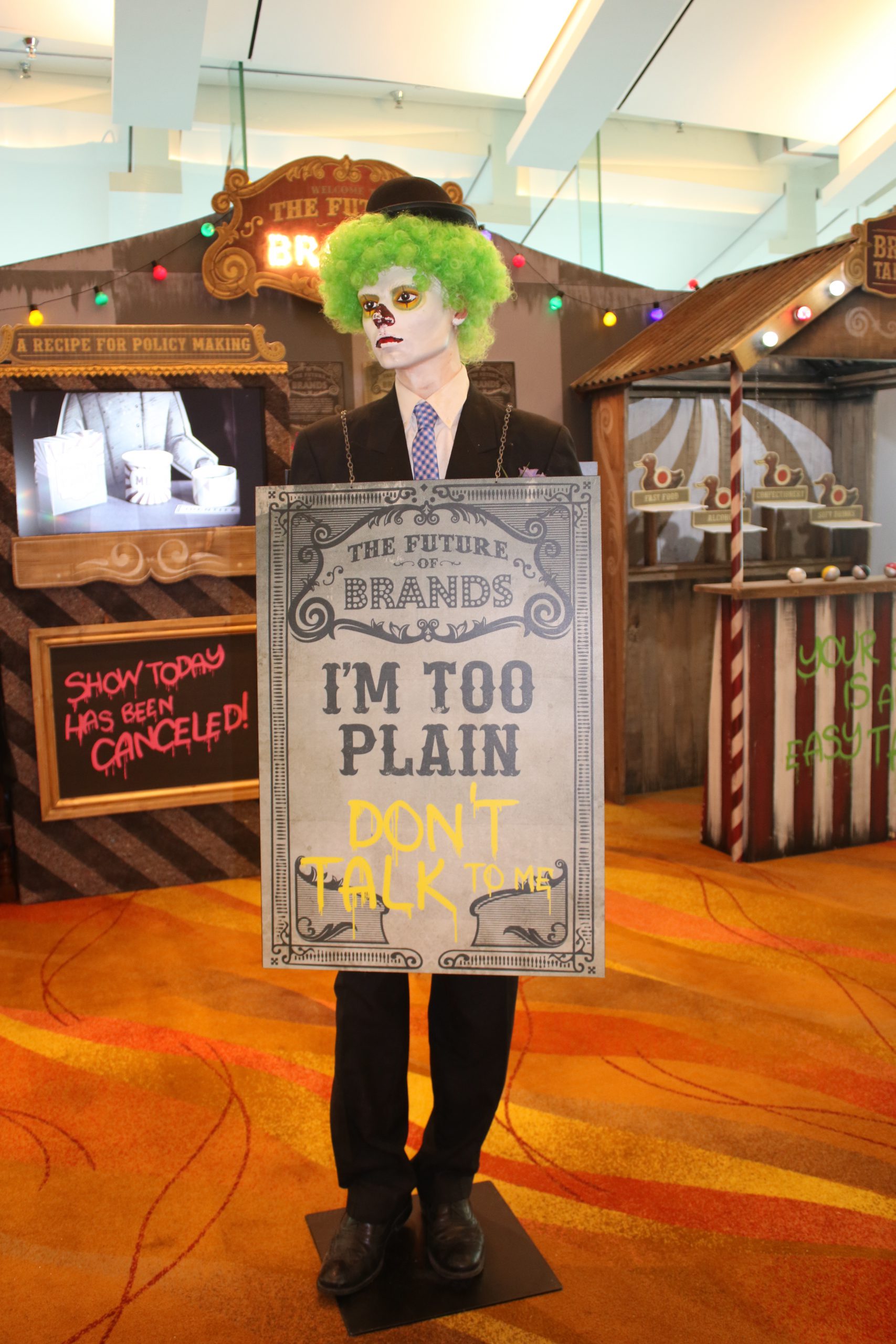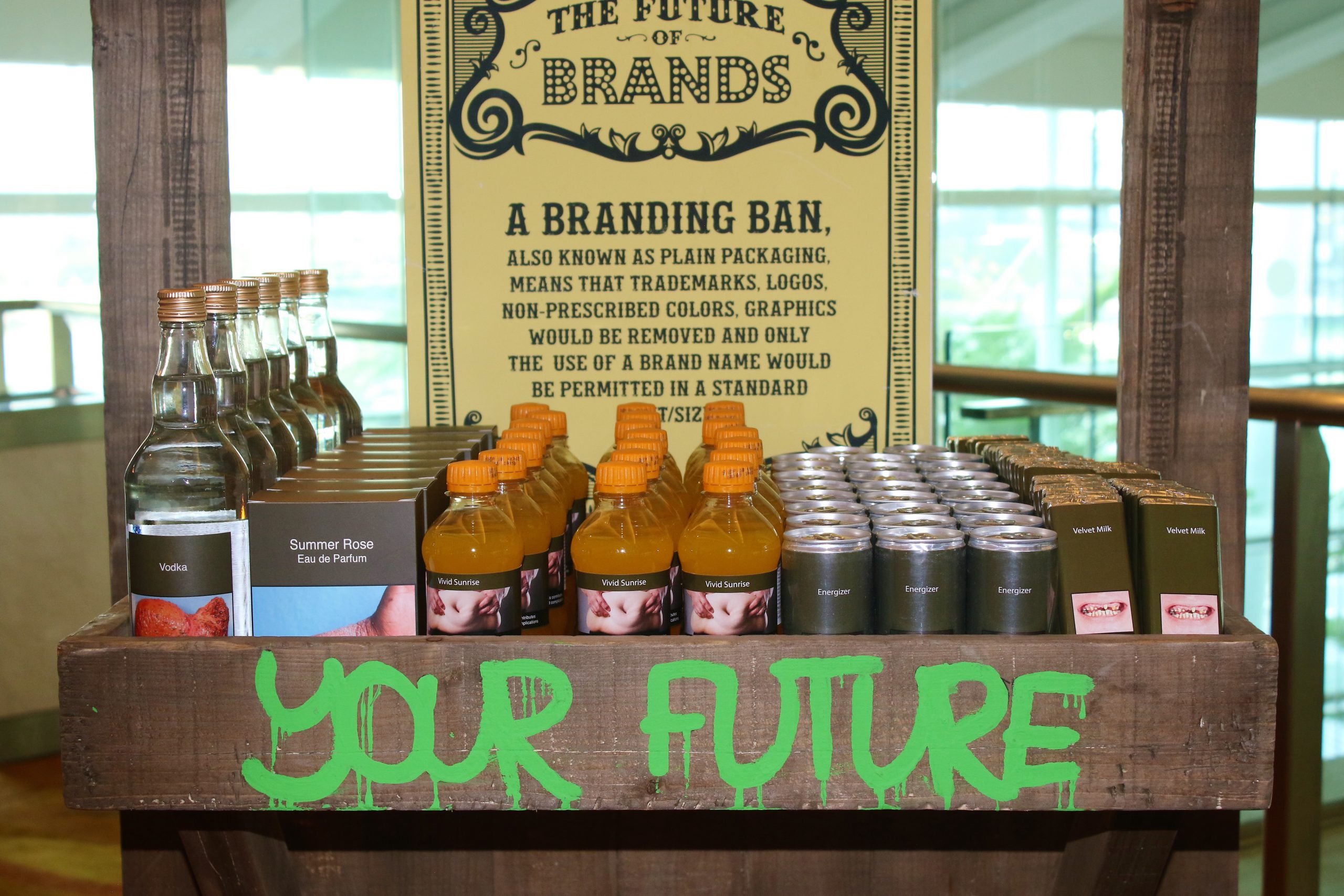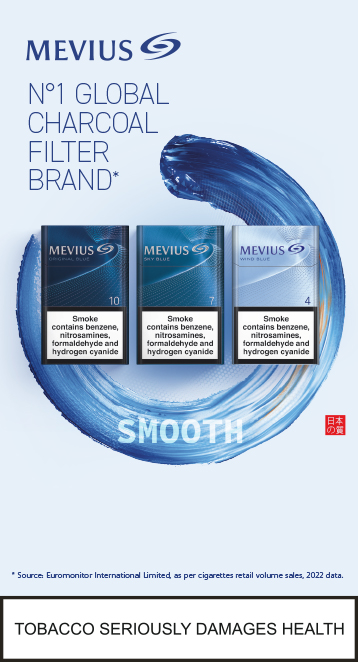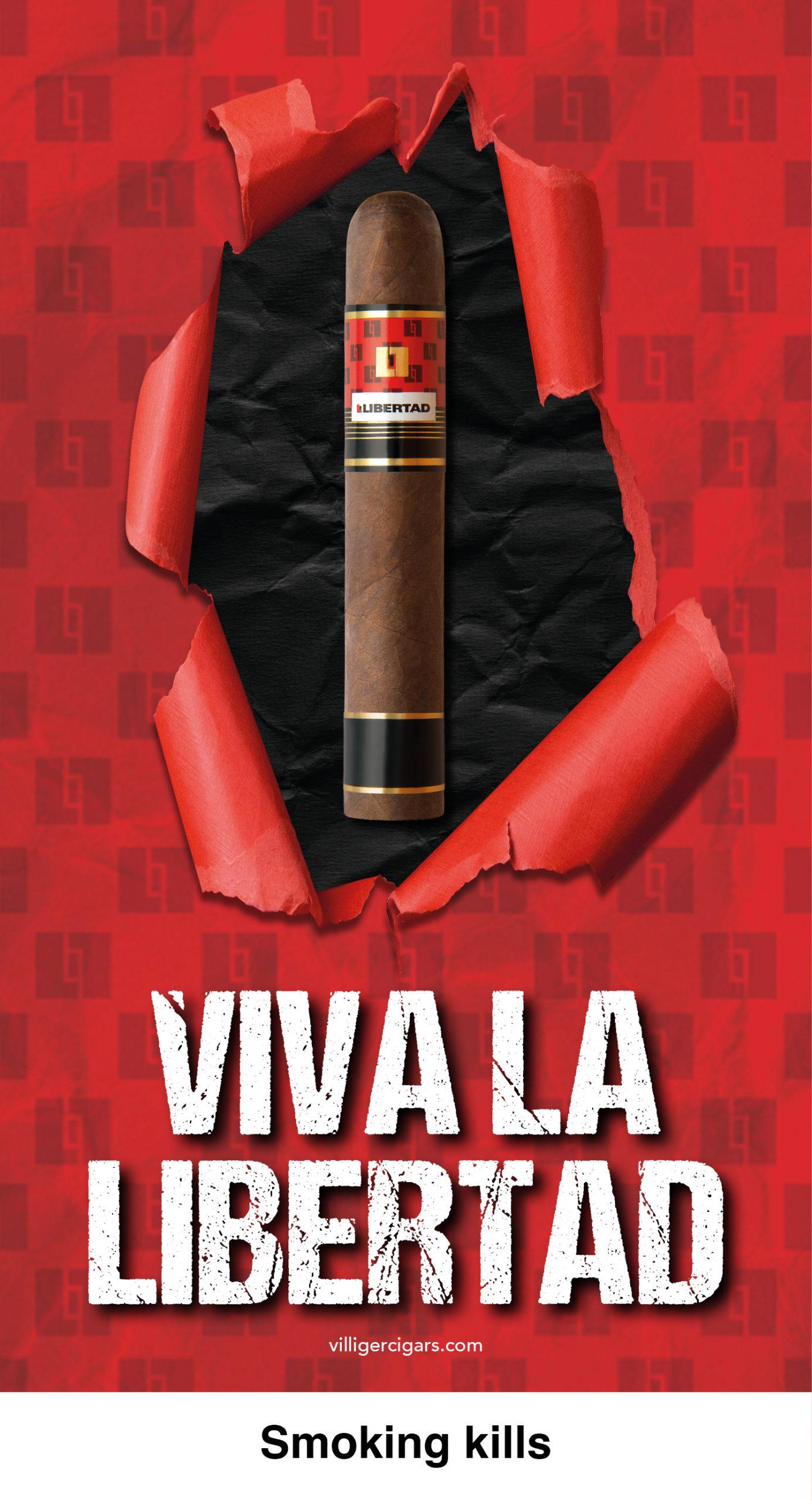INTERNATIONAL. Is the future of your brand controlled by a wheel of misfortune? That’s the question Japan Tobacco International (JTI) is putting to companies in travel retail.
JTI’s immersive and disruptive ‘The Future of Brands’ stand made its debut in the travel retail channel at this month’s TFWA Asia Pacific Exhibition & Conference in Singapore. The stand, which attracted much interest, invited delegates to check out the dismal vision of a world where brands have been blighted by a host of disproportionate regulatory initiatives.

The Future of Brands, which was launched 18 months ago and has toured FMCG events around the world, is part of JTI’s continuing campaign to raise awareness of extreme regulation.
The Future of Brands makes the case that the domino effect of excessive regulation will not stop at cigarette packets. Both the live exhibition stand, and the campaign’s interactive website, use an abandoned circus theme.
JTI said the campaign is “a wake-up call to global food and drinks companies that their brands are under increasing attack of excessive regulation”.
The stand puts brands’ future in the hands of a fortune teller or a card player and asks: “Is the deck stacked against your brand?”

Talking to The Moodie Davitt Report at the Singapore event JTI External Communications Manager Dmitry Krivtsov said: “The ongoing creep of copying and pasting tobacco-style regulations is an issue affecting brands and categories around the globe. With the tobacco industry facing a branding ban in certain markets, JTI wants to inspire other industries to unite against excessive regulation.”
He added that brand owners and retailers needed to mobilise their networks to oppose extreme regulations that will affect their futures. “If brand owners don’t stand up and act, then alcohol, soft drinks and confectionery could be next,” he said.
In Australia, the first country to introduce plain packaging in 2012, the government said the policy is achieving its aims of making cigarettes less appealing to consumers – especially teenagers – and increasing the effectiveness of health warnings. But JTI claims the only real impact has been to drive existing smokers towards cheaper brands and counterfeit products, which it says are harder to spot without branding.
JTI is opposed to any branding ban or move towards plain packaging and the removal of trademarks, logos etc. “It simply does not work,” said the company.

JTI WWDF Corporate Affairs and Communications Director Gemma Bateson noted the “great concern and interest” shown by TFWA Asia Pacific delegates.
She said The Future of Brands has prompted collaborations with companies, including a number of well-known confectionery brands.
“Some companies are further ahead than others in terms of dedicating resource to better understanding the negative consequences of disproportionate regulation to their brands, but all agree that protecting brands is critical to the commercial success of their businesses both inside travel retail and out,” Bateson said.
“JTI’s next step is to follow up the discussions we had in Singapore, encouraging brands to join their regional travel retail associations and create cross-category working groups to ensure awareness of the threat by country and to strengthen the voice to protect the unique travel retail environment.
“The travel retail environment is unique, incomparable to any domestic market in the world. There are hundreds of different nationalities passing through airports, ports and airlines every moment and these travellers look to recognisable local and international brands – both as an indication of genuine non-counterfeit goods and as a mark of quality,” Bateson concluded.








